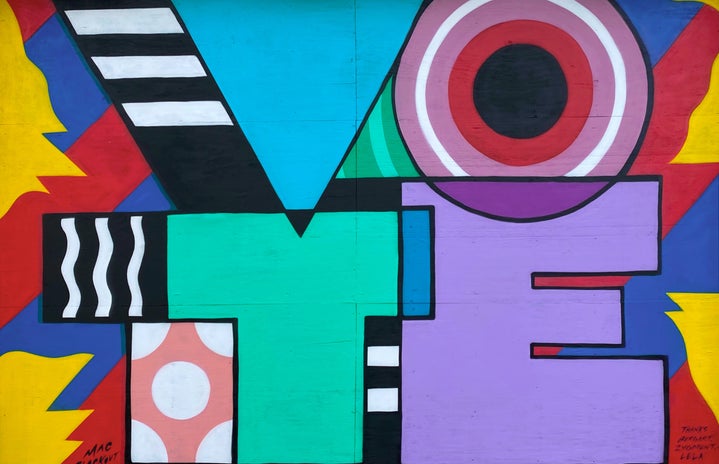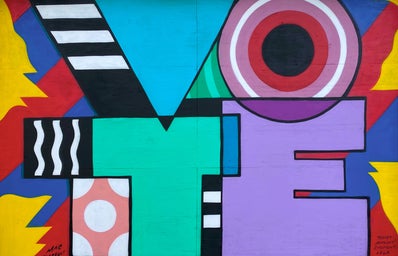Ramchanadra Guha, a historian; the author of India After Gandhi: The History of the World’s Largest Democracy and also a visiting professor at KREA University, gave us a really interesting talk on the 5th of September. He spoke of electoral politics and the future of this nation and how the experiment of universal adult franchise (where everybody above eighteen can vote) was seen to be doomed from the start as even said by The Print, “British officials unfailingly argued that universal franchise was a bad fit for the people of India.”
It was a bad fit for the sheer number of people, even more so for the multitude of uneducated people that existed in the country. It did not work and was unsuitable for a newly decolonised country. It was a poor fit for a place where discrimination between people by caste has been systemised, legitimised and publicly sanctioned. And yet, as professor Guha elaborated, it has sustained. The first election commission has done well in terms of providing a space for competitive multi party politics to exist and now we arrive at the 18th general election.
Professor Guha’s talk has come at a time where I and perhaps many others will be voting in the general election for the first time. It has come at a time where the responsibility of the future leaders are on our finger-tips. But how can we vote when what we have heard is so grim?. He spoke of the two party systems that have engulfed India: “‘The Family Firm’ and the ‘Cult of Personality’”. This one statement alone led me to imagine an image precisely, accurately and perhaps similarly to all the other members in the audience, the two parties and people in question. This image was of the head of the family firm- Nehru, and the continued bloodline of the Gandhis that constitutes the congress. But, there also comes to our mind, a different thought, something larger than life- that the BJP is not tangible without Modi, and that the Aam Aadmi Party cannot exist without Kejriwal. This is a bleak imagination of the future of our democracy. It is bleak because the current state of electoral affairs is highly polarised. The party in power is seeming less and less about all the people, and more so about the majority. Specifically the religious majority. We all know this to be true.
India imagined the universal franchise for herself. There were many possible blunders and hindrances to the great democratic experiment. The largeness of the population, the diversity of the country and the undeniable literacy gaps within groups of people of this country, but it continued. 17 elections later I am here trying to untangle the threads of what it means to be a voter for the first time. I have come to understand the necessity of opposition and the use of the multiparty system. That too many votes being invested in one party, can never achieve the goals of a diverse country. That as long as there is the possibility for competition, opposition and objection there is a measure of health in our system. And as long as I am able to voice that opposition, I have faith in the great Indian experiment.


